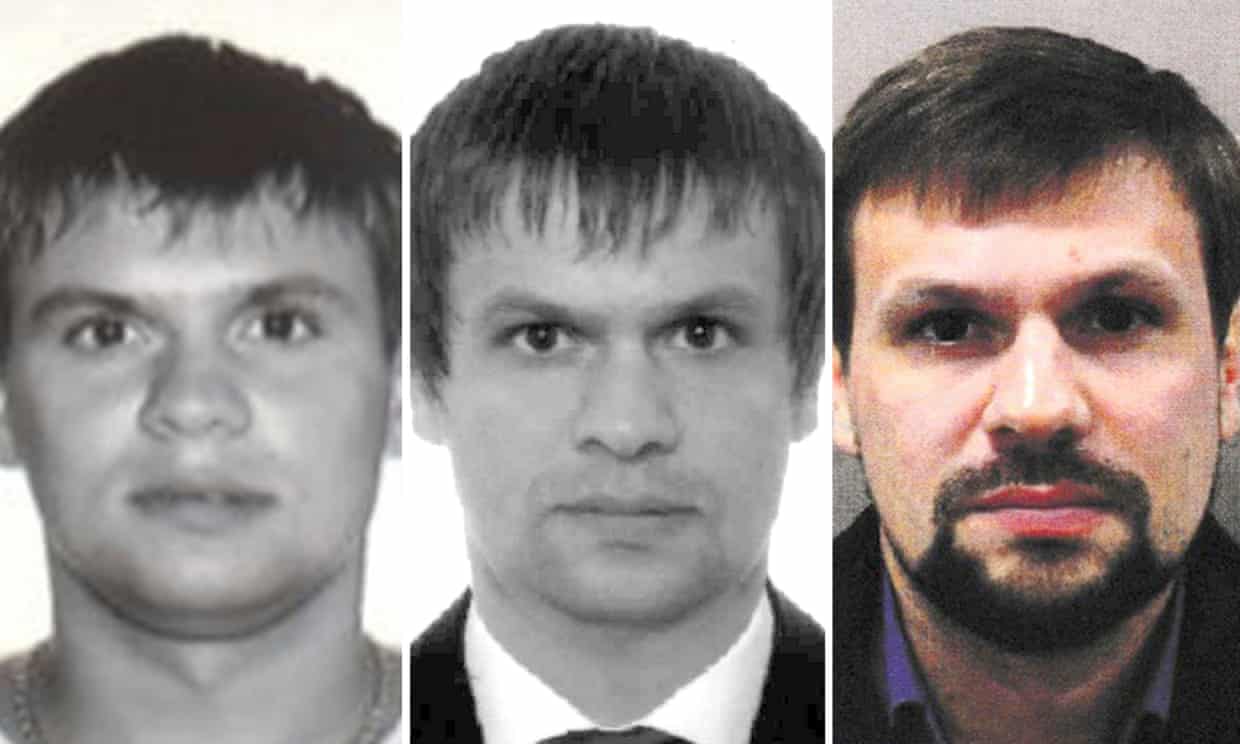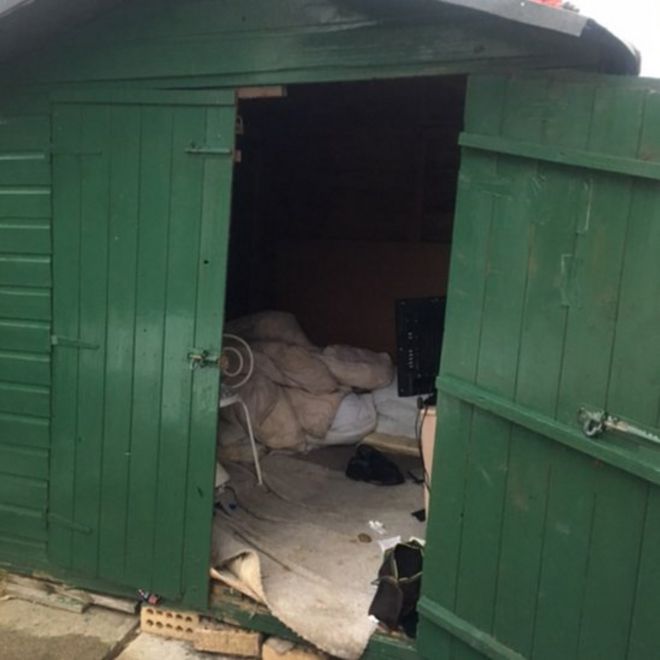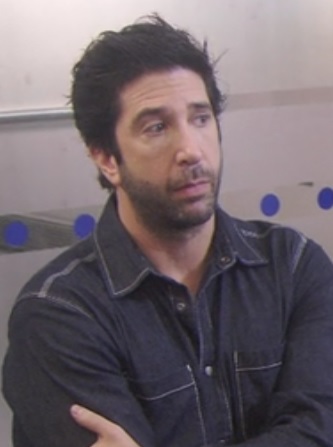The foreign secretary,
Jeremy Hunt, has said that Moscow will pay a high price for using chemical weapons in the Salisbury novichok attack, after one of the two suspects was identified as a decorated Russian colonel.
Hunt said he had had a “frank exchange of views” with his Russian counterpart, Sergei Lavrov, when they met at the
United Nations general assembly on Thursday.
“It was pretty tough because it is not acceptable for
Russia to instruct two GRU [Russian military intelligence] agents to use chemical weapons on British soil,” he said.
Russian officials and pro-Kremlin media have dismissed the claim, although a report in Russia’s Kommersant newspaper said people who knew the colonel in his home region of Amur had recognised him as the suspect as identified by British police.
One resident described him as a “very good, clever boy” and another said people in the village knew that the man was “in the secret service” and that his mother was worried about his assignments.
Speaking following his meeting with Lavrov in New York, Hunt said: “This is not just a spat between UK and Russia. We have a consensus in the UN since 1945 that people do not use chemical weapons and that is beginning to break down because of what they did in Salisbury and what they allowed to happen in Syria. It would be a tragedy for humanity if we go back on this international consensus.”
He added: “If you do this, the price will be too high ... In their quiet moments in the Kremlin they have already thought the price is too high.”
Asked whether the Russian president, Vladimir Putin, was directly responsible, Hunt said: “Most of us would asssume that things do not happen in Russia without his approval, but we chose our words carefully.”
On Wednesday
a report by investigative journalists from Bellingcat and the Insider revealed that one of the suspects was Col Anatoliy Chepiga, a special forces veteran who travelled to Salisbury under the cover name Ruslan Boshirov.
British investigators also believe one of the two men accused of poisoning ex-spy
Sergei Skripal is Chepiga, the Guardian understands.
The Kremlin said on Thursday that it would look into the claim. “Many people look alike, but I cannot tell you who this citizen who was pointed out in this investigation is,” Kremlin spokesman Dmitry Peskov said. “We will check the lists of honourees.”
Asked about Putin’s remarks on the suspects, Peskov said: “The president said that these people were civilians. Thus, he voiced the information that he had received ... You and I know nothing about these people’s past, it is outside our [job] function.”
However, Maria Zakharovaa spokeswoman for the Russian foreign ministry, said the story was a fabrication. “There [is] no proof,” she wrote in an online post, “so they continue this information campaign, the main goal of which is to distract attention from the main question: what happened in Salisbury?”
Journalists from the two outlets responded by saying that was exactly what they were trying to find out.
“I read Maria Zakharova’s response, where she writes that our investigation into Salisbury is a fabrication, aiming to distract attention from what happened in Salisbury,” wrote Roman Dobrokhotov, the editor of the Insider, with sarcasm. “I thought [about that one] for a while.”
A British court has charged Boshirov and another man, identified publicly as Alexander Petrov, with attempting to murder Skripal by spraying the nerve agent novichok on the handle of his front door. Skripal, his daughter, and a police officer were admitted to hospital. Scotland Yard has said it believes that Petrov is an alias and that it knows the man’s true name.
The Russian daily Komsomolskaya Pravda, one of the country’s most popular tabloid newspapers, claimed that the journalists’ investigation into Chepiga was flawed. Citing an unnamed source in the Russian defence ministry, the paper said elements of the officer’s timeline appeared odd, including the amount of time he spent at a military academy and the address he listed at the time.
The source also said that Chepiga was too well educated by the military to be sent on the combat missions for which he was likely to have been awarded Hero of the Russian Federation, the country’s highest honour.
“The academy prepares military diplomats and attaches,” the paper said. “Officers who have finished this academy are a different kind of good, who won’t be sent to fulfil just any missions with
speznaz [special forces] near the border with Ukraine.”
Chepiga received the award in December 2014, at a time when Russian military officers were active in Ukraine.
RT, the state-funded website formerly called Russia Today, interviewed Boshirov and Petrov earlier this month. In the interview, the two men presented themselves as travelling nutritional supplement salesmen on holiday in Salisbury. Margarita Simonyan, the television station’s editor, publicly speculated whether they were gay.
The station’s top brass have promoted the bizarre interview. It has already produced T-shirts with RT’s logo and Simonyan’s question from the interview: “Do you work for GRU?” Boshirov, during the interview, shot back: “Do you?”
On Thursday, Simonyan posted a meme floating around the internet. “Are you Chepiga?” she asks in a speech bubble. “Are you?” Chepiga, or Boshirov, replies.







